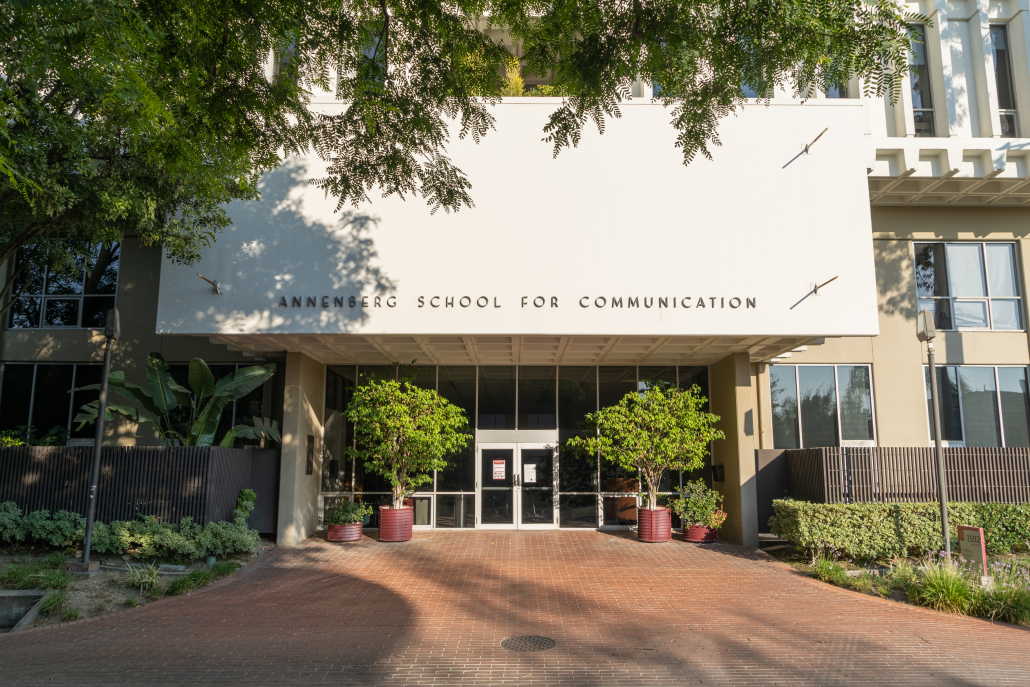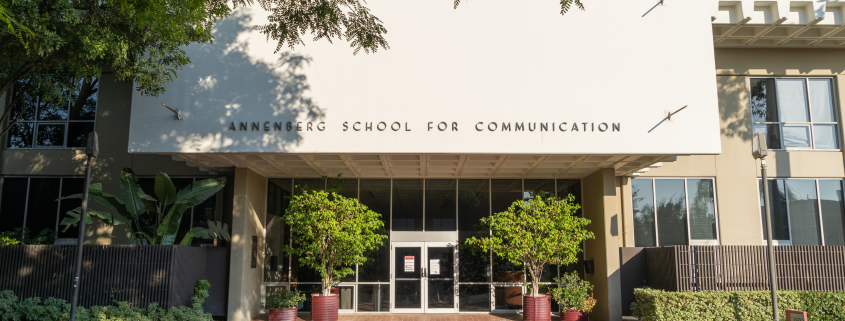Center on Public Diplomacy launches new innovation prize

The USC Center on Public Diplomacy will award its first Public Diplomacy Innovation Prize later this spring. The first-of-its-kind prize, announced Feb. 16, is a joint effort between USC’s CPD and the U.S. Department of State.
The prize will honor a U.S. Foreign Service Officer selected by the CPD prize committee. This committee, made up of members from the CPD advisory board, will decide on a winner and finalists who, in part, have delivered “concrete results in advancing U.S. foreign policy and international cooperation across a variety of sectors” while using innovative practices, according to the CPD.
The prize committee will consider a number of factors, including an applicant’s use of technology and data and collaboration skills, when they name a winner, but CPD prize committee member and advisory board member Jonathan Woetzel said he considers three key elements the Innovation Prize recipient will possess: understanding of public diplomacy, practice of public diplomacy and the talent to combine understanding and practice.
“You can’t really separate the practice of something [and the] strategy of something from the persons and the capability you need to have,” Woetzel said.
The prize echoes the calls “for new ways to do” public policy. Barry Sanders, chair of the CPD advisory board, defined public diplomacy as “communicating with foreign publics, in the interest of your nation.”
“It’s all this idea of communicating with foreign publics. It has taken on, and it was always important, much greater importance especially with the internet and the web,” Sanders said. “Everybody in the world is capable of being independent. [It’s] not like the old days when you would have to sit down with a shortwave radio to try and get a broadcast for the BBC.”
The center, founded by Sanders in 2003 and in collaboration with the Annenberg School for Communication and Journalism and the School of International Relations, works to further public diplomacy through research and analysis and is a professional organization dedicated to those practices. It is also constantly recognized as a top public diplomacy institute, being recognized by the U.S. Department of State with the Ben Franklin Award for Public Diplomacy in 2008.
While the center continually looks for ways to expand their reach, this prize was created via suggestion by CPD Director Jay Wang during a strategic planning session and was officially adopted by the CPD board last fall.
The prize will be awarded annually, and the awarding of it will commence with an honorarium and a ceremony to follow. The prize is supported currently by two donors and is two-thirds funded.
“I think [the prize] will encourage the bureaucracy in the Department of State to not just follow the routine of standard operating procedure and think [of] something innovative and imaginative on how to truly encourage and develop relationships with our allies and enemies through public diplomacy, through their dealings with the foreign state in the way that we create relationships,” said Loida Lewis, a CPD advisory board member.

